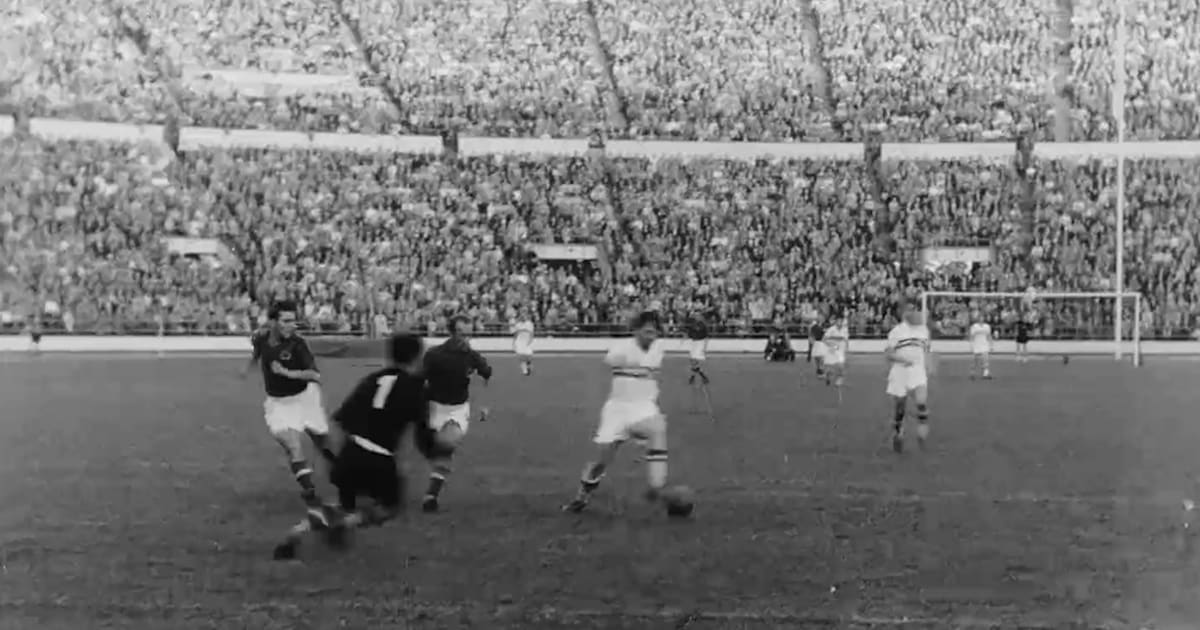Hungary’s Olympic Legacy: A Nation Of Champions
Hungary’s Olympic Legacy: A Nation of Champions
Hungary’s Olympic Legacy: A Nation of Champions
Introduction
With enthusiasm, let’s navigate through the intriguing topic related to Hungary’s Olympic Legacy: A Nation of Champions. Let’s weave interesting information and offer fresh perspectives to the readers.
Table of Content
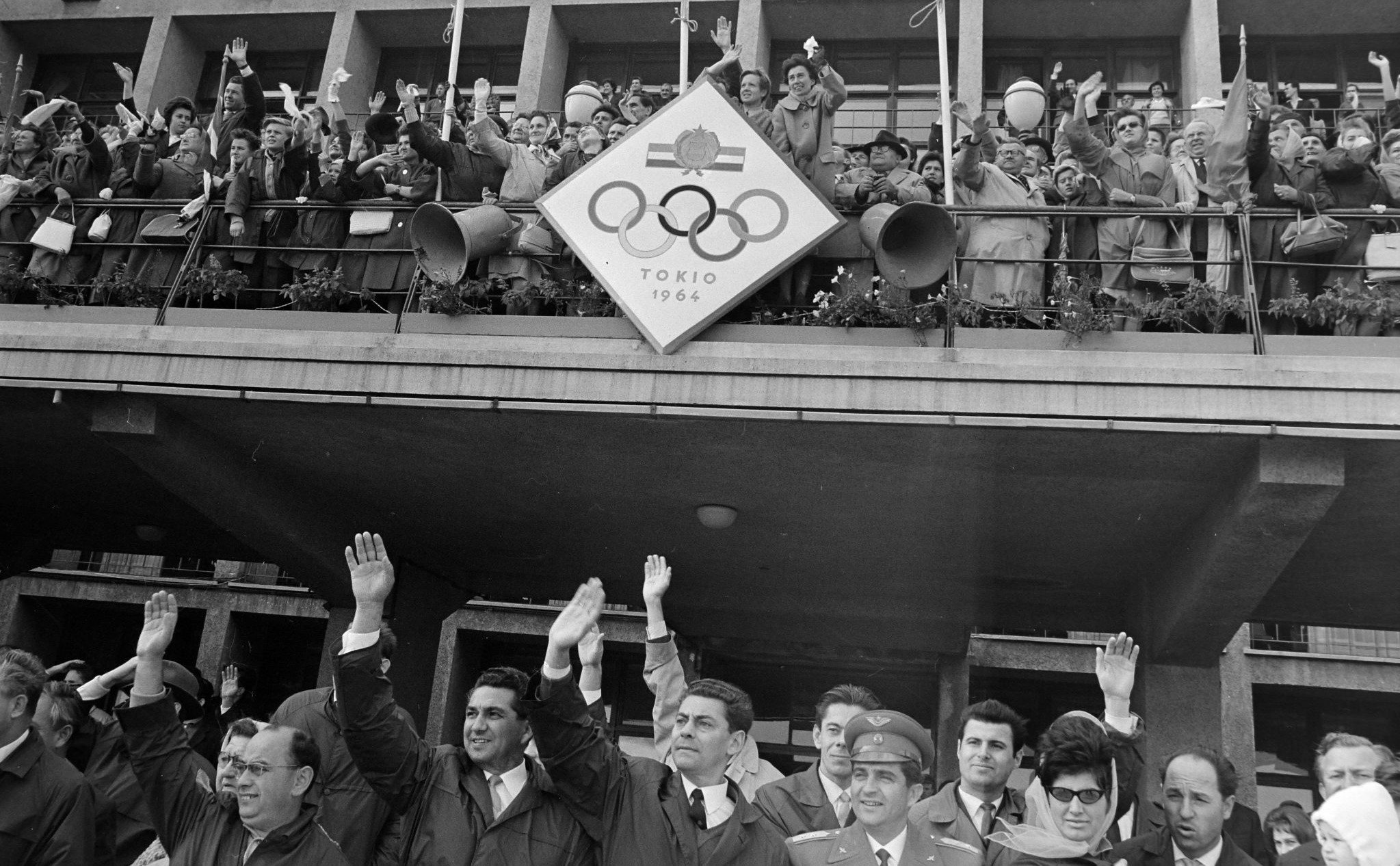
Hungary’s Olympic Legacy: A Nation of Champions
Hungary boasts a rich and celebrated Olympic history, consistently placing among the top nations in terms of medal count. This success is not merely a matter of numbers, but a reflection of a deep-rooted sporting culture, a commitment to excellence, and a legacy of exceptional athletes who have left an indelible mark on the world stage.
A Glimpse into History:
Hungary’s Olympic journey began in 1896, at the inaugural Games in Athens. Since then, Hungarian athletes have participated in every edition of the Summer Olympics, securing a place among the most consistent performers. The nation’s first Olympic gold medal was won by Alfréd Hajós in swimming at the 1896 Games, marking the beginning of a long and illustrious tradition.
A Century of Triumph:
The 20th century witnessed Hungary’s rise to prominence in the Olympic arena. The nation’s prowess in water sports, particularly swimming, water polo, and canoeing, became legendary. The legendary swimmer, Ágnes Keleti, emerged as a symbol of Hungarian success, claiming five gold medals at the 1952 Helsinki Games, a record for a female athlete at a single Olympics.
Beyond water sports, Hungarian athletes have consistently achieved remarkable success in a diverse range of disciplines. Fencing, wrestling, athletics, handball, and gymnastics have all contributed significantly to the nation’s medal tally. The iconic figure of the Hungarian fencer, Aladár Gerevich, stands as a testament to the nation’s dominance in this sport, winning seven Olympic gold medals, a record that remains unbroken.
The Modern Era:
In the 21st century, Hungary continues to maintain its position as a force to be reckoned with in the Olympics. While the nation’s dominance in some traditional sports has declined, new generations of athletes have emerged in disciplines like swimming, canoeing, and handball, ensuring Hungary’s continued presence on the podium.
Beyond the Medals:
The Olympic medal count is a tangible measure of success, but it only tells part of the story. The true significance of Hungary’s Olympic legacy lies in the impact it has had on the nation’s sporting culture and the inspiration it provides to future generations.
The nation’s commitment to grassroots sports development, coupled with a strong emphasis on talent identification and training, has created a fertile ground for producing world-class athletes. This dedication to sporting excellence has not only yielded Olympic medals but also fostered a culture of physical activity and healthy living among the Hungarian population.
The Importance of Olympic Success:
Hungary’s Olympic achievements have played a vital role in shaping the nation’s identity and fostering national pride. The stories of Hungarian athletes overcoming adversity, achieving extraordinary feats, and representing their country with honor have inspired generations and instilled a sense of national unity.
Furthermore, Olympic success has helped to raise Hungary’s profile on the global stage, attracting international attention and promoting the nation’s cultural heritage. The positive impact of Olympic participation extends beyond the realm of sport, contributing to economic growth, tourism, and diplomacy.
FAQs:
Q: What are Hungary’s most successful Olympic sports?
A: Hungary has a rich history of success in water sports, particularly swimming, water polo, and canoeing. Fencing, wrestling, athletics, handball, and gymnastics have also contributed significantly to the nation’s medal tally.
Q: Who are some of Hungary’s most famous Olympic athletes?
A: Some of Hungary’s most renowned Olympic athletes include Ágnes Keleti (gymnastics), Aladár Gerevich (fencing), Tamás Darnyi (swimming), Krisztina Egerszegi (swimming), and Tibor Benedek (water polo).
Q: How does Hungary support its Olympic athletes?
A: Hungary has a robust system for supporting its Olympic athletes, including government funding, specialized training programs, and access to world-class facilities.
Q: What are Hungary’s goals for future Olympics?
A: Hungary aims to maintain its position as a top-performing nation in the Olympics, focusing on developing its athletes in traditional strengths while exploring new disciplines with potential.
Tips for aspiring Hungarian Olympians:
- Start early: Begin training and developing your skills at a young age.
- Seek out quality coaching: Find experienced and dedicated coaches who can guide your development.
- Embrace discipline and hard work: Olympic success requires unwavering commitment and dedication.
- Set realistic goals: Aim high but focus on achievable targets that can help you progress.
- Stay motivated and inspired: Draw inspiration from the achievements of Hungarian Olympic legends.
Conclusion:
Hungary’s Olympic journey is a testament to the nation’s sporting spirit, its commitment to excellence, and the enduring legacy of its athletes. From the early days of the Games to the present, Hungarian athletes have consistently left their mark on the world stage, inspiring generations and contributing to the nation’s global reputation. As Hungary continues to invest in its sporting infrastructure and nurture its young talent, the future holds promise for continued success in the Olympic arena.

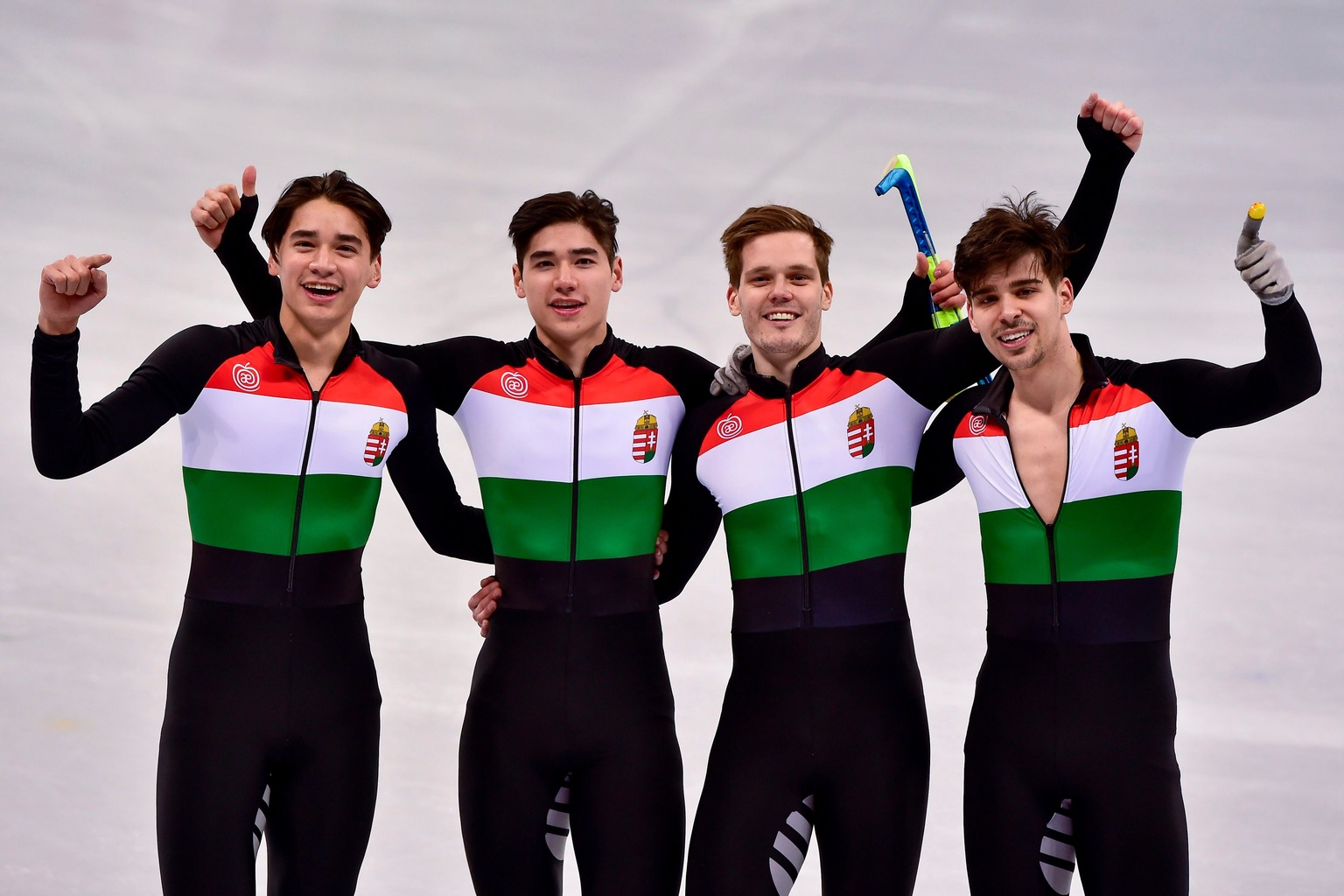

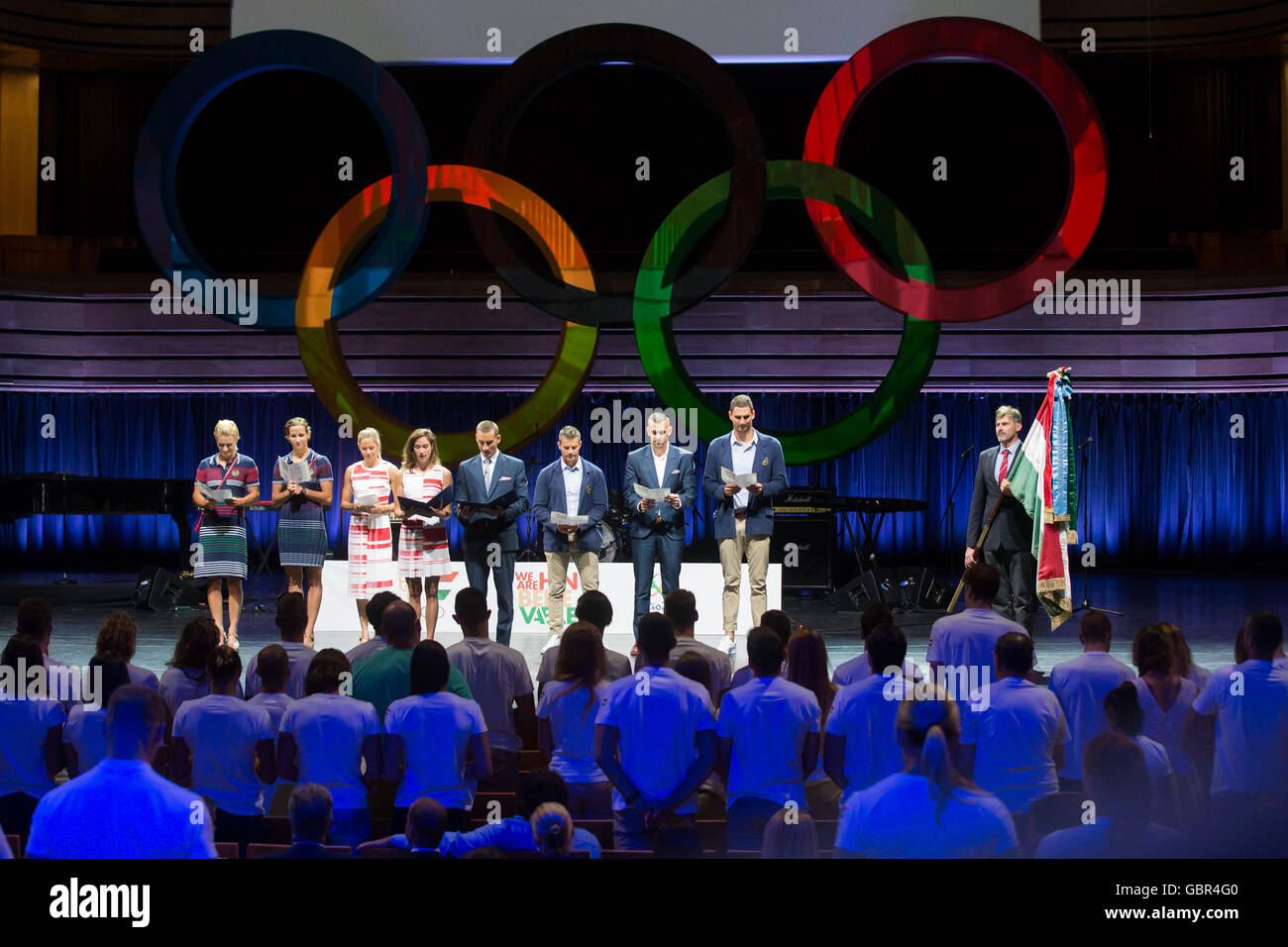
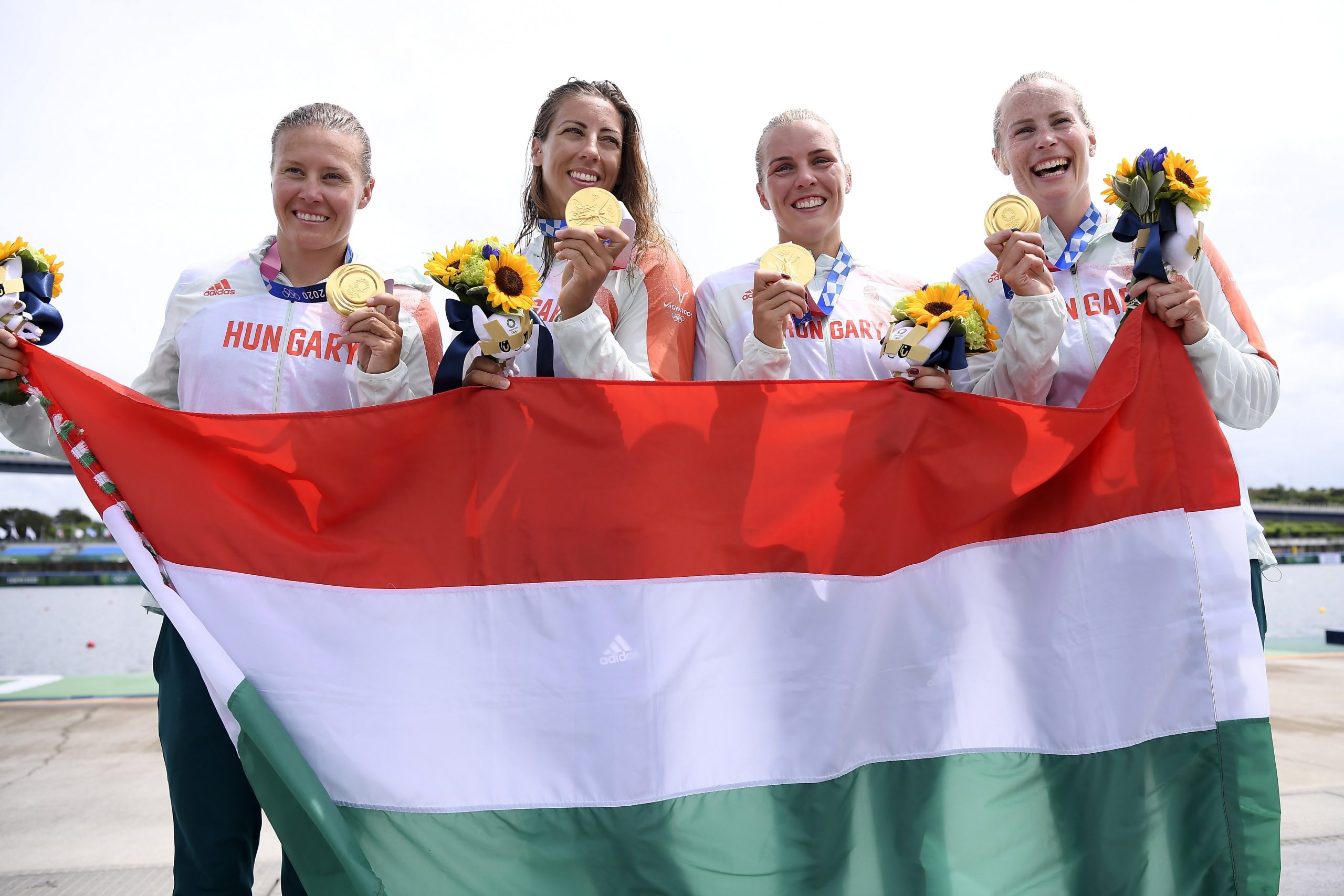

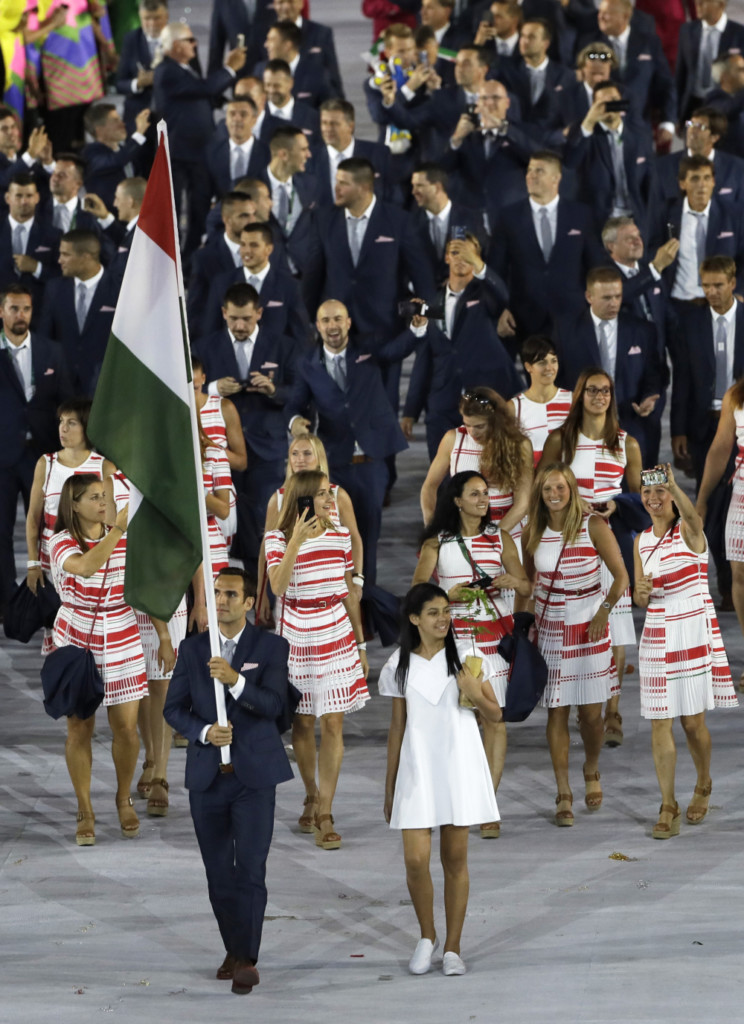
Closure
Thus, we hope this article has provided valuable insights into Hungary’s Olympic Legacy: A Nation of Champions. We appreciate your attention to our article. See you in our next article!
